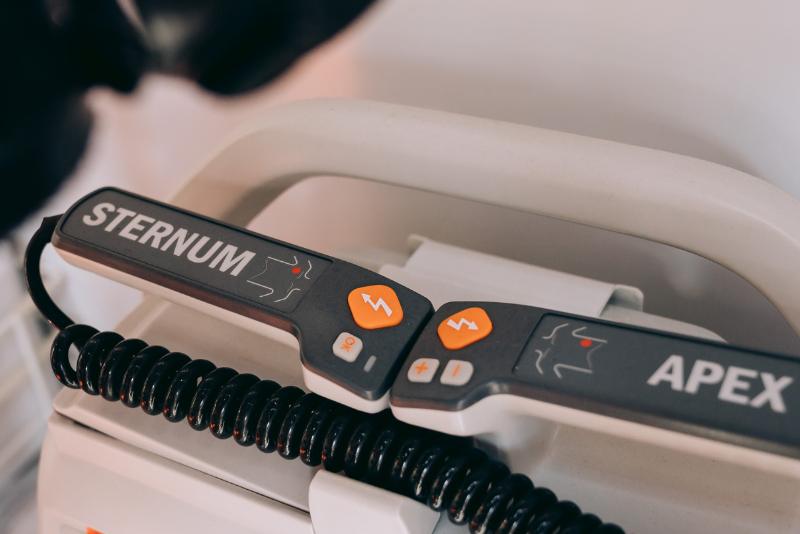As 2023 begins, the deadlines for ACA reporting and reporting to states that are enforcing health insurance individual mandates approach.
ACA Reporting
An applicable large employer (ALE) must provide a Form 1095-C to each full time employee to report an offer of minimum essential coverage (or no offer) for each month of the calendar year. Form 1095-C is also used to report individuals enrolled in coverage by month when the employer’s health plan is self-insured. A non-ALE with a self-insured plan must provide a Form 1095-B to report individuals enrolled in coverage.
The IRS has issued a final rule which makes permanent the extension of the deadline to furnish Forms 1095-B and 1095-C statements to participants. The rule provides an additional 30 days to furnish these statements to participants, or if that falls on a holiday or weekend, the next business day. For the 2022 reporting year, participant statements will be due by March 2, 2023. The deadline for filing the forms with the IRS is unchanged – February 28, 2023 if filing on paper (only available if 250 or fewer forms) or March 31, 2023 if filing electronically.
The final rule also rule makes permanent an alternative to automatically furnishing statements in certain situations. Reporting entities (including health insurers and small employers with a self-insured plan who are not an ALE) are treated as having timely furnished Form 1095-B to individuals so long as a “clear and conspicuous” notice with information about how an individual can request the form is prominently posted on the reporting entity’s website, and a Form 1095-B is furnished within 30 days after an individual’s request is received. The notice must be posted by the deadline for furnishing statements and remain in the same location on the website until October 15 of the year following the calendar year to which the statement relates. Similar relief is available to ALEs with respect to furnishing Forms 1095-C to non-full-time employees and non-employees enrolled in the ALE’s self-insured health plan, but not for furnishing statements to full-time employees. This relief does not apply to reporting information to the IRS. Additionally, as discussed below, states with their own individual health insurance mandates may require that the 1095-B or 1095-C actually be provided (not just made available) to residents of those states.
No Good Faith Relief
For reporting periods through 2020, the IRS had granted relief from ACA penalties for Form 1095-B and Form 1095-C reporting errors if it could be shown that a good faith effort was made to comply with reporting requirements. Beginning in 2021, the IRS determined that good faith relief was no longer appropriate and this was confirmed in the final rule. A reasonable cause exception may still be available if a reporting entity has reasonable cause for failing to timely or accurately complete their reporting requirements.
For 2022 Forms 1095-B and 1095-C (due in 2023), the following penalties may apply:
- The penalty for failure to file a correct information return with the IRS is up to $290 for each return for which the failure occurs, with the total penalty for a calendar year not to exceed $3,532,500
- The penalty for failure to provide a correct form to an individual is up to $290 for each statement for which the failure occurs, with the total penalty for a calendar year not to exceed $3,532,500
Special rules apply that increase the per-form and total penalties if there is intentional disregard of the requirements.
States with Health Insurance Individual Mandates
For 2022, five states and the District of Columbia require their residents to maintain health insurance coverage.
- Massachusetts – residents of Massachusetts are required to have health coverage that meets specific standards (Minimum Creditable Coverage or MCC) or pay a state tax penalty. Insurers or employers that provide health coverage are required to provide a Form 1099-HC to employees in Massachusetts by January 31 of each year and file them electronically with the Department of Revenue as proof of MCC coverage.
- District of Columbia – DC residents must maintain minimum essential coverage (MEC) or pay a tax penalty. DC requires an entity that provides MEC to a resident of DC during the calendar year to electronically submit Form 1095-B and Form 1095-C to the DC Office of Tax and Revenue through MyTax.DC.gov. This includes employers sponsoring fully insured plans, insurers, and sponsors of self-insured plans. DC states that compliance with the IRS requirement to furnish Form 1095-B or Form 1095-C to individuals is sufficient and follows the same deadline as the IRS to provide the forms to individuals.
- New Jersey – New Jersey residents must maintain MEC or pay a tax penalty. New Jersey requires an entity that provides MEC to a resident during the calendar year to electronically submit Form 1095-B (fully insured and non-ALE self-insured) or Form 1095-C (ALE self-insured) via the NJ Division of Revenue and Enterprises Services’ MFT Secure Transport service. Participant statements must be provided (not just made available), but furnishing the Form 1095-B or Form 1095-C by the IRS deadline satisfies this requirement.
- California – California residents must maintain MEC or pay a tax penalty. California requires an entity that provides MEC to a resident during the calendar year to electronically submit Form 1095-B (fully insured and non-ALE self-insured) or Form 1095-C (ALE self-insured) to the state’s Franchise Tax Board. Electronic filing is required unless the employer is submitting fewer than 250 returns, in which case paper filing is permitted. Participant statements must be provided by January 31; however, FTB does not impose a penalty for a failure to provide returns to individuals by this deadline. Therefore providing the forms to participants by the IRS deadline should be sufficient.
- Rhode Island – Rhode Islanders must maintain MEC or pay a tax penalty. Rhode Island requires an entity that provides MEC to a resident during the calendar year to submit Form 1095-B (fully insured and non-ALE self-insured) or Form 1095-C (ALE self-insured) to the state’s Division of Taxation. Participant statements must be provided by the IRS deadlines.
- Vermont – Vermont also requires residents to have MEC, but lawmakers were unable to agree on a tax penalty (so there is none). There also appears to be no insurer or employer reporting obligations at the current time.
[psa_btn href=”<a href=”https://www.psafinancial.com/wp-content/uploads/2023/01/192_January-2023.pdf” target=”_blank” rel=”noopener”></a>” target=”_blank” type=”blue”]Download a Copy of this Benefit Minute[/psa_btn]




